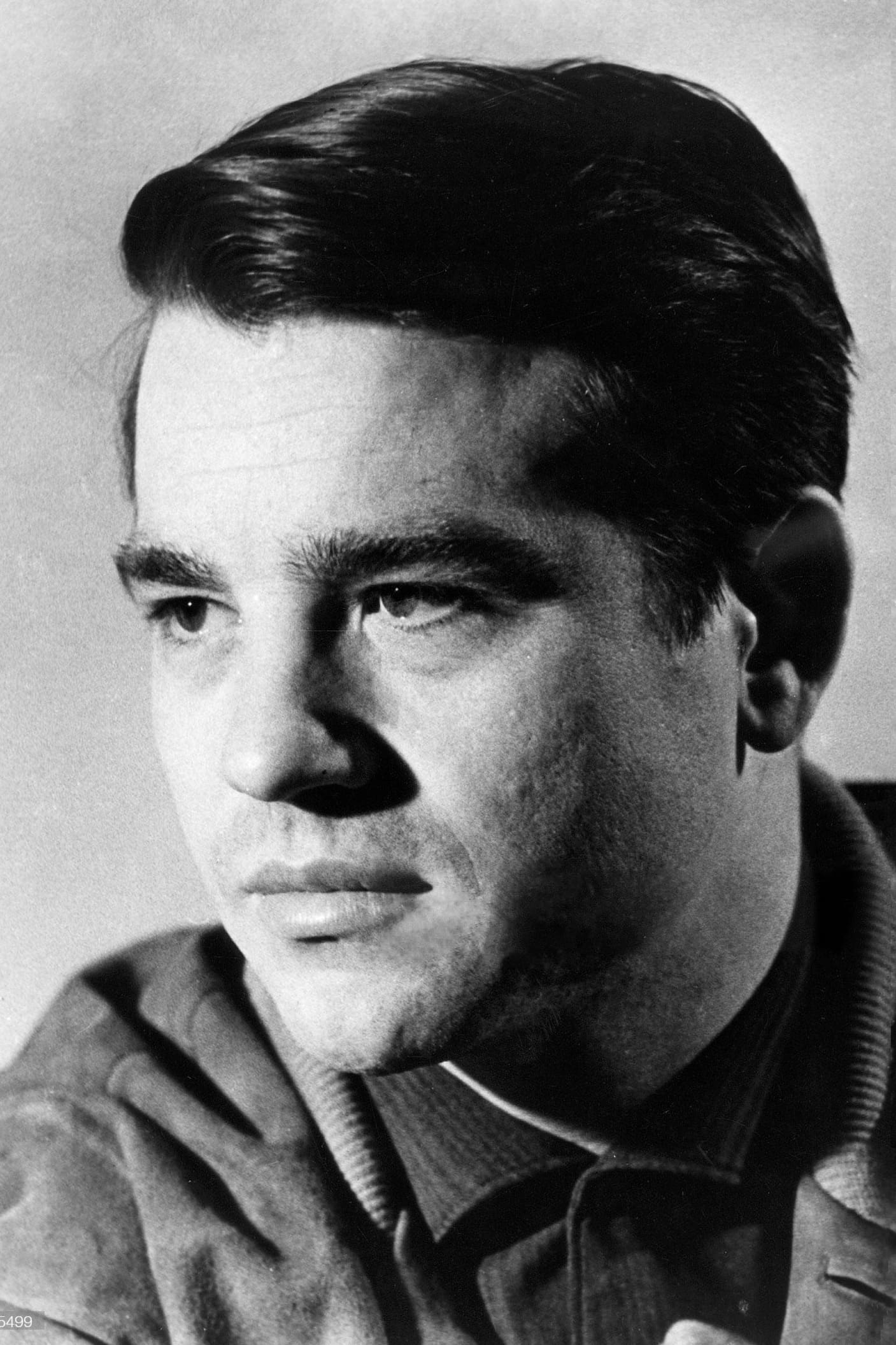
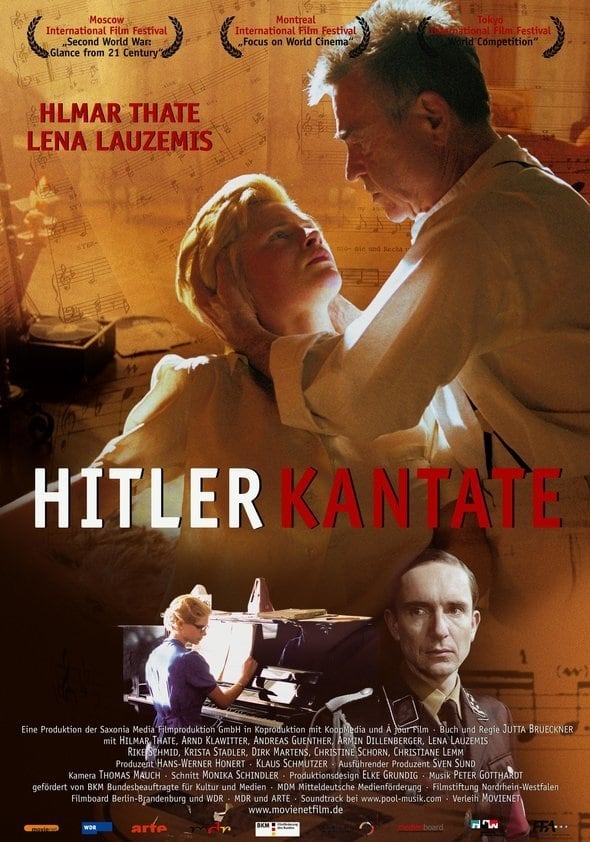
Berlin during the Nazi reign: Young music student Ursula is a talented musician and a fervent admirer of the "Führer". When she is asked to assist renowned composer Broch, who was ordered to compose a cantata for Hitler′s 50th birthday, it first seems like a dream fulfilled. Over the time, Broch and Ursula fall in love, and her relationship with the former communist gradually changes Ursula′s perspective on the realities of Nazi Germany. But falling in love with a Nazi means a huge moral conflict for Broch.
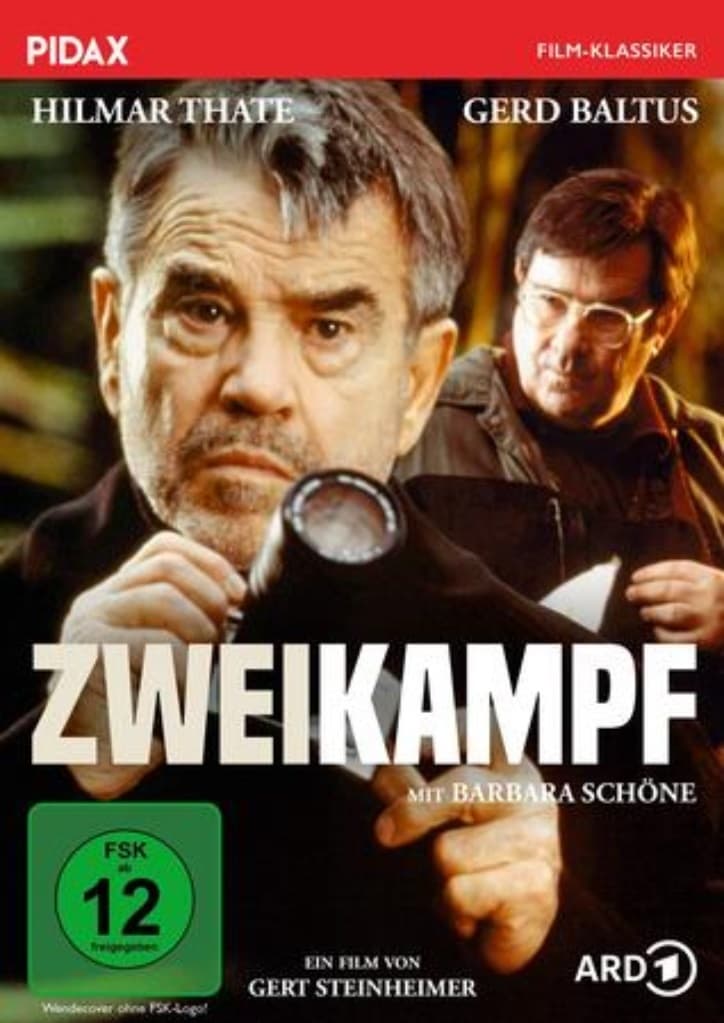

Set against the backdrop of post-unification Germany, the film explores the breakdown of relations in a decaying social structure.
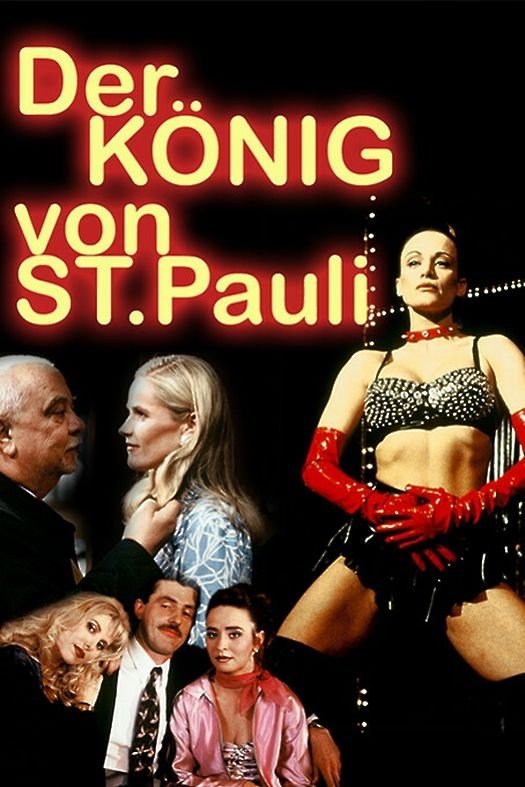
Rudi, who operates a striptease club in St Pauli, incurs immense gambling debts. The situation gets worse when his rival Graf, a fishmonger, enters the scene.
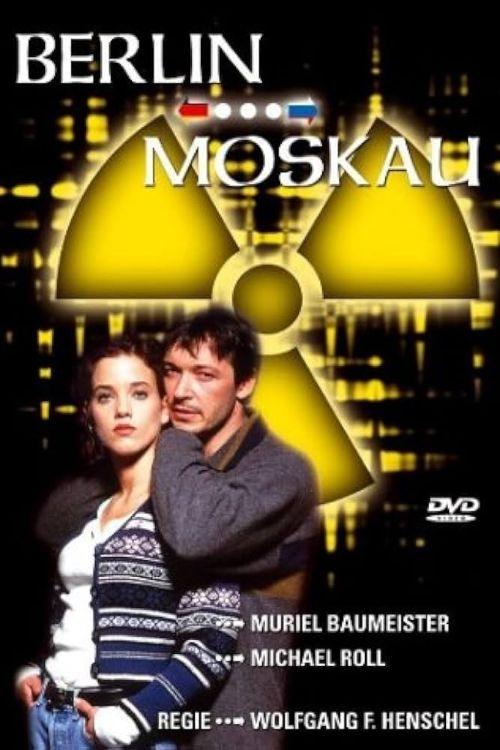
By coincidence, a couple who have just fallen in love are targeted by the Russian mafia, who have made a deal with a shady Berlin businessman and a corrupt politician. When the young woman is kidnapped, her boyfriend sets off on a dangerous search for her.
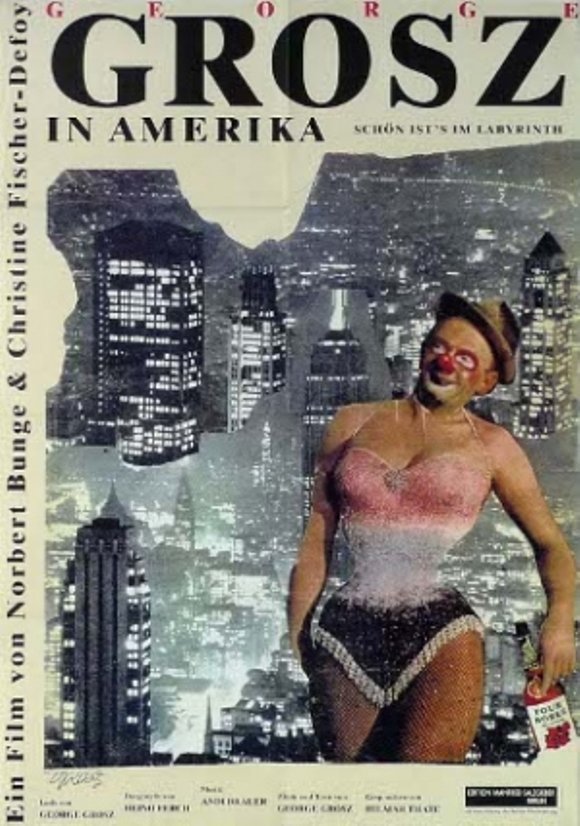
George Grosz, born on July 26th in Berlin, vicious draftsman and painter of the face of the ruling class, enfant terrible of the 1920s, accused of pornography and blasphemy, was one of the most popular visual artists of the Weimar Republic. Little is known, however, that Grosz spent half of his artistically productive life in the USA before returning to Berlin in 1959.
Hilmar Thate (1931–2016) was one of the most important stage actors in Germany. He also gained national and international recognition through impressive roles in film and television.
By browsing this website, you accept our cookies policy.